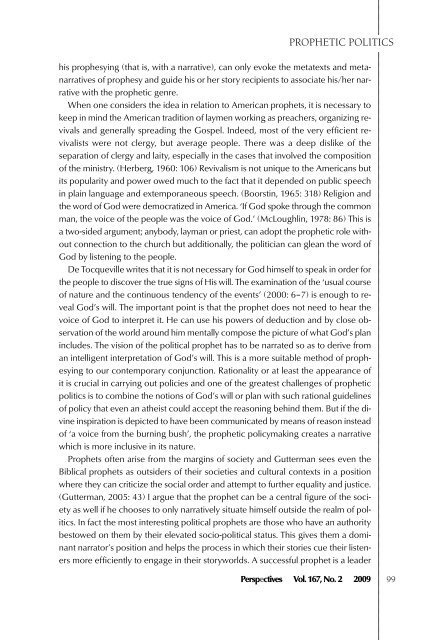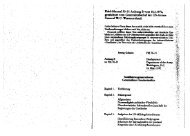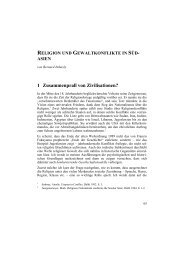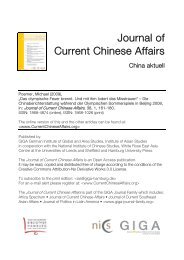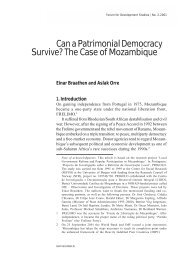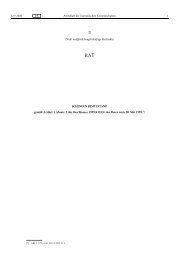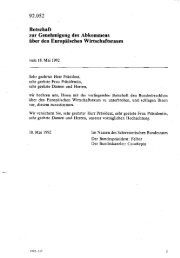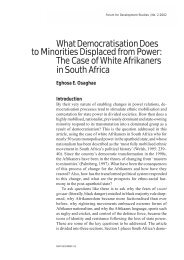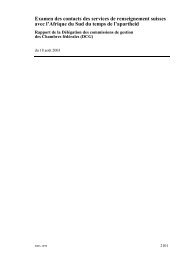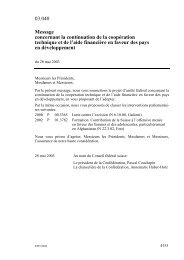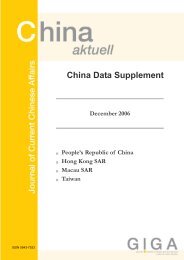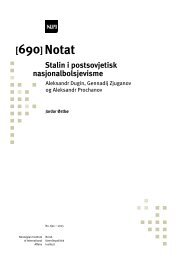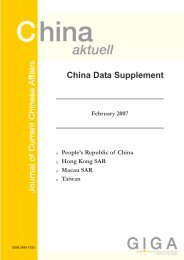Prophetic Politics
Prophetic Politics
Prophetic Politics
You also want an ePaper? Increase the reach of your titles
YUMPU automatically turns print PDFs into web optimized ePapers that Google loves.
PROPHETIC POLITICS<br />
his prophesying (that is, with a narrative), can only evoke the metatexts and metanarratives<br />
of prophesy and guide his or her story recipients to associate his/her narrative<br />
with the prophetic genre.<br />
When one considers the idea in relation to American prophets, it is necessary to<br />
keep in mind the American tradition of laymen working as preachers, organizing revivals<br />
and generally spreading the Gospel. Indeed, most of the very efficient revivalists<br />
were not clergy, but average people. There was a deep dislike of the<br />
separation of clergy and laity, especially in the cases that involved the composition<br />
of the ministry. (Herberg, 1960: 106) Revivalism is not unique to the Americans but<br />
its popularity and power owed much to the fact that it depended on public speech<br />
in plain language and extemporaneous speech. (Boorstin, 1965: 318) Religion and<br />
the word of God were democratized in America. ‘If God spoke through the common<br />
man, the voice of the people was the voice of God.’ (McLoughlin, 1978: 86) This is<br />
a two-sided argument; anybody, layman or priest, can adopt the prophetic role without<br />
connection to the church but additionally, the politician can glean the word of<br />
God by listening to the people.<br />
De Tocqueville writes that it is not necessary for God himself to speak in order for<br />
the people to discover the true signs of His will. The examination of the ‘usual course<br />
of nature and the continuous tendency of the events’ (2000: 6–7) is enough to reveal<br />
God’s will. The important point is that the prophet does not need to hear the<br />
voice of God to interpret it. He can use his powers of deduction and by close observation<br />
of the world around him mentally compose the picture of what God’s plan<br />
includes. The vision of the political prophet has to be narrated so as to derive from<br />
an intelligent interpretation of God’s will. This is a more suitable method of prophesying<br />
to our contemporary conjunction. Rationality or at least the appearance of<br />
it is crucial in carrying out policies and one of the greatest challenges of prophetic<br />
politics is to combine the notions of God’s will or plan with such rational guidelines<br />
of policy that even an atheist could accept the reasoning behind them. But if the divine<br />
inspiration is depicted to have been communicated by means of reason instead<br />
of ‘a voice from the burning bush’, the prophetic policymaking creates a narrative<br />
which is more inclusive in its nature.<br />
Prophets often arise from the margins of society and Gutterman sees even the<br />
Biblical prophets as outsiders of their societies and cultural contexts in a position<br />
where they can criticize the social order and attempt to further equality and justice.<br />
(Gutterman, 2005: 43) I argue that the prophet can be a central figure of the society<br />
as well if he chooses to only narratively situate himself outside the realm of politics.<br />
In fact the most interesting political prophets are those who have an authority<br />
bestowed on them by their elevated socio-political status. This gives them a dominant<br />
narrator’s position and helps the process in which their stories cue their listeners<br />
more efficiently to engage in their storyworlds. A successful prophet is a leader<br />
Perspectives Vol. 167, No. 2 2009<br />
99


